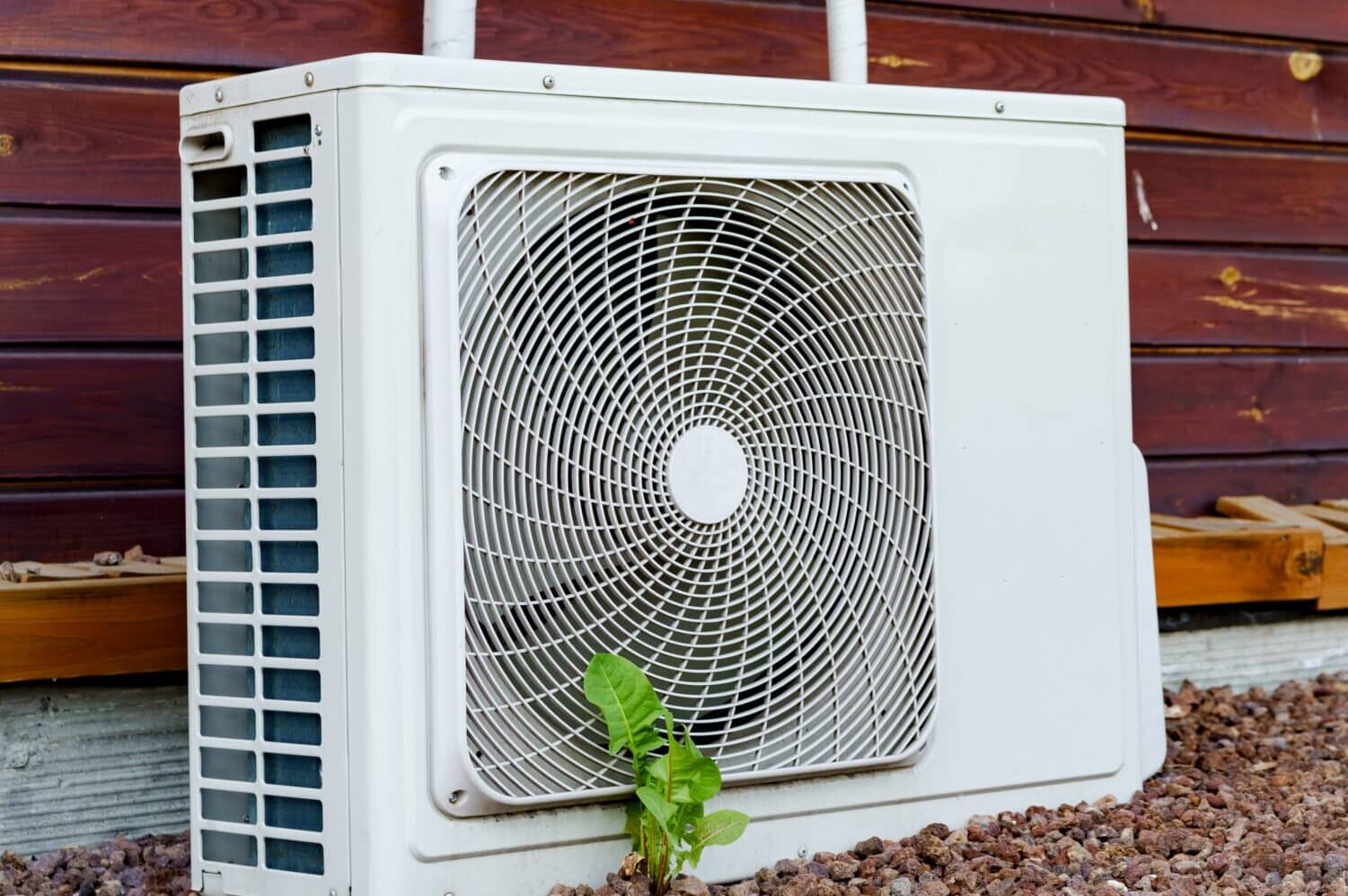The Quest for Comfort: The Early Days
Long before the invention of the air conditioning systems we know today, people had been seeking ways to escape the oppressive heat. The ancient Egyptians, for instance, used to hang wet reeds in their windows to cool the incoming air through evaporation, leading to who invented air conditioning. Similarly, the ancient Romans circulated aqueduct water through the walls of their buildings to cool them down, a technique somewhat related to the principles of modern radiant cooling systems.
However, these early methods were far from what we consider air conditioning today. The concept of cooling the air inside a building with a mechanical system was yet to be born.
Who Invented Air Conditioning? The Answer is Willis Haviland Carrier
The credit for inventing modern air conditioning is largely attributed to Willis Haviland Carrier, an American engineer. Carrier’s journey towards creating the first air conditioning system began in the early 20th century.
In 1902, Carrier was tasked with solving a humidity problem at a publishing company in Brooklyn, New York. The heat and humidity in the plant were causing paper to wrinkle and ink to misalign, resulting in production issues. Carrier devised a system that controlled the temperature and humidity by passing air through coils filled with cold water, effectively removing excess moisture from the air. This not only solved the publishing company’s problem but also marked the birth of modern air conditioning.
The Cool Revolution: Early Applications
After the breakthrough in 1902, Carrier continued to refine his invention. By 1924, he introduced the first air conditioning system for private residences, though it was a luxury reserved for the wealthy due to its high cost. Theaters and movie houses quickly adopted the technology, attracting audiences with promises of “cool comfort” during the hot summer months.
The advent of air conditioning had a profound impact on various industries. For example:
1. Healthcare: Hospitals adopted air conditioning to maintain a sterile and comfortable environment for patients, leading to significant advancements in medical practices.
2. Retail: Air conditioning transformed the retail industry, making shopping a more enjoyable experience, especially during scorching summers. This, in turn, boosted sales.
3. Manufacturing: Air conditioning allowed for better control over industrial processes, leading to increased productivity and the development of new technologies.
The Mass Adoption: Post-World War II Era
While air conditioning was initially a luxury, it gradually became more accessible to the general population. The post-World War II economic boom in the United States saw a surge in suburban development, and air conditioning became a standard feature in many homes. The development of more affordable and efficient systems made it possible for a broader range of people to enjoy the benefits of air conditioning.
Modern Advancements
As air conditioning became a ubiquitous part of our lives, innovators started searching for ways to improve the technology. There have been significant advancements, such as eco-friendly and energy-efficient air conditioning technologies. From using alternative refrigerants to designing smart HVAC systems that optimize energy use, researchers and engineers continue to work on making air conditioning better and better.
Call B&D Industries for All Your HVAC Needs
B&D Industries, Inc. has been servicing residential, commercial, and industrial properties with specialized expertise for over 68 years. During that time, we’ve grown exponentially and now reach areas of New Mexico, Arizona, and New York. Our quality of services and exceptional customer experience set us apart from our competitors as we strive to change the industry one project and one relationship at a time.
When you call B&D Industries, Inc. you can rest assured knowing that your home’s HVAC appliances, plumbing, and electrical systems are in good hands. Our licensed technicians are dedicated to working with you to ensure your home is up-to-code and functioning properly.


